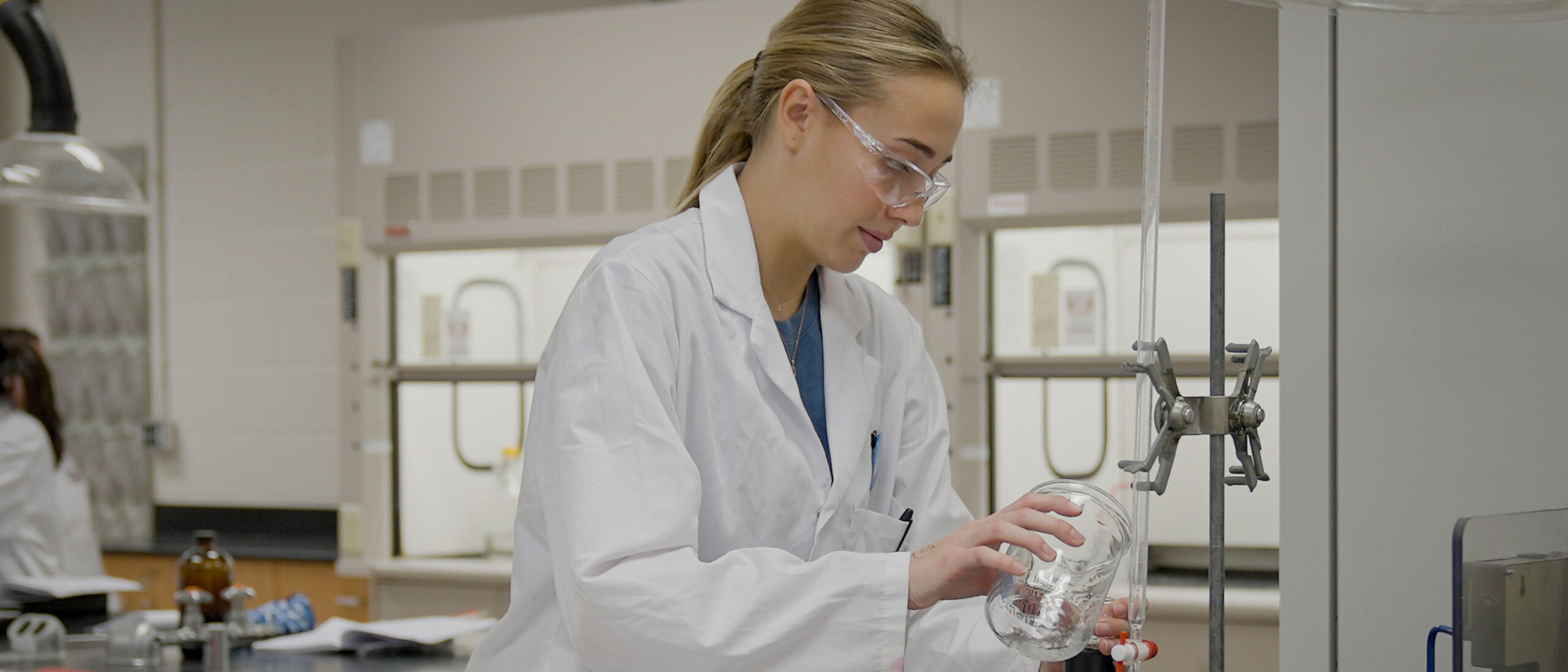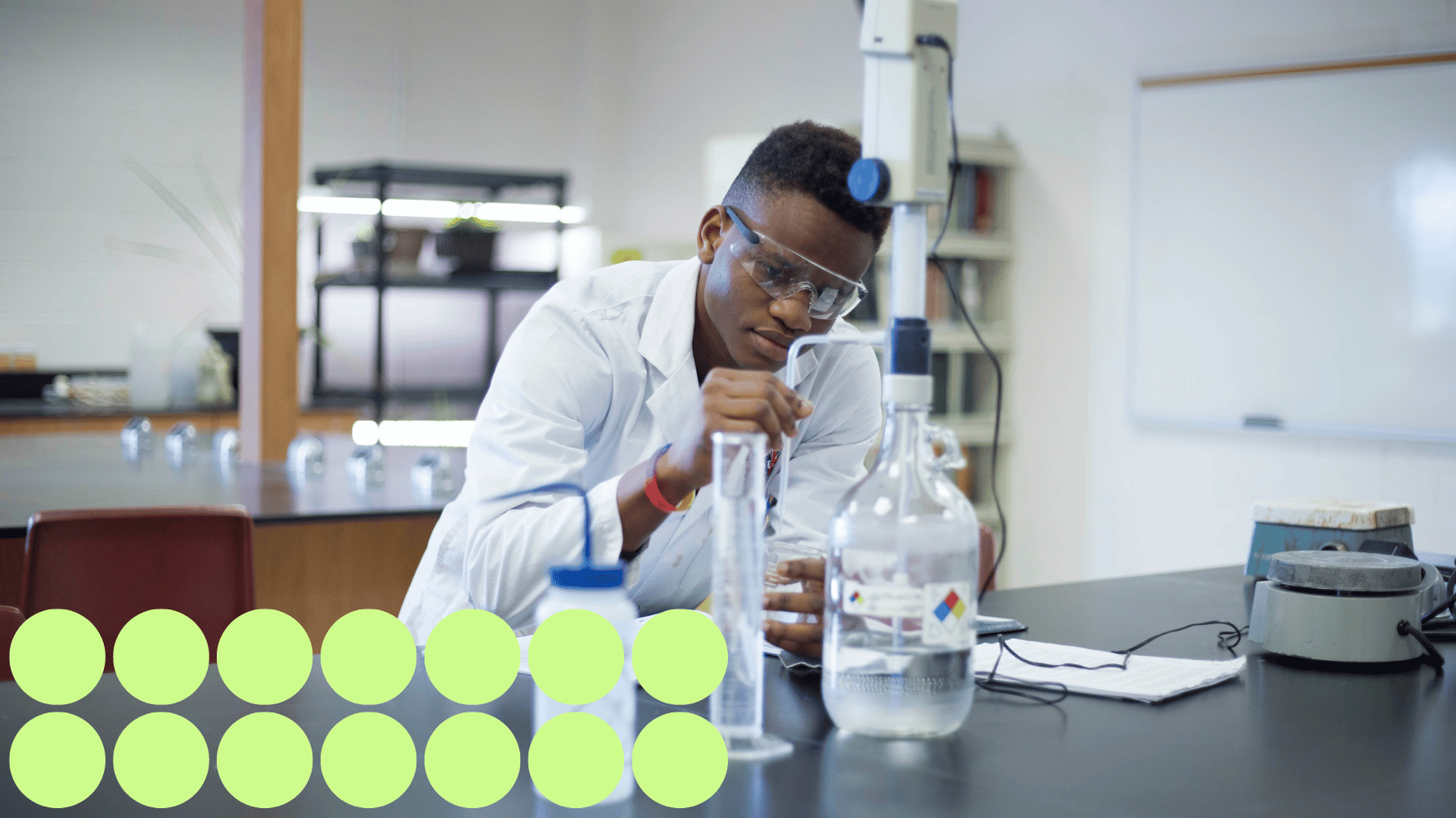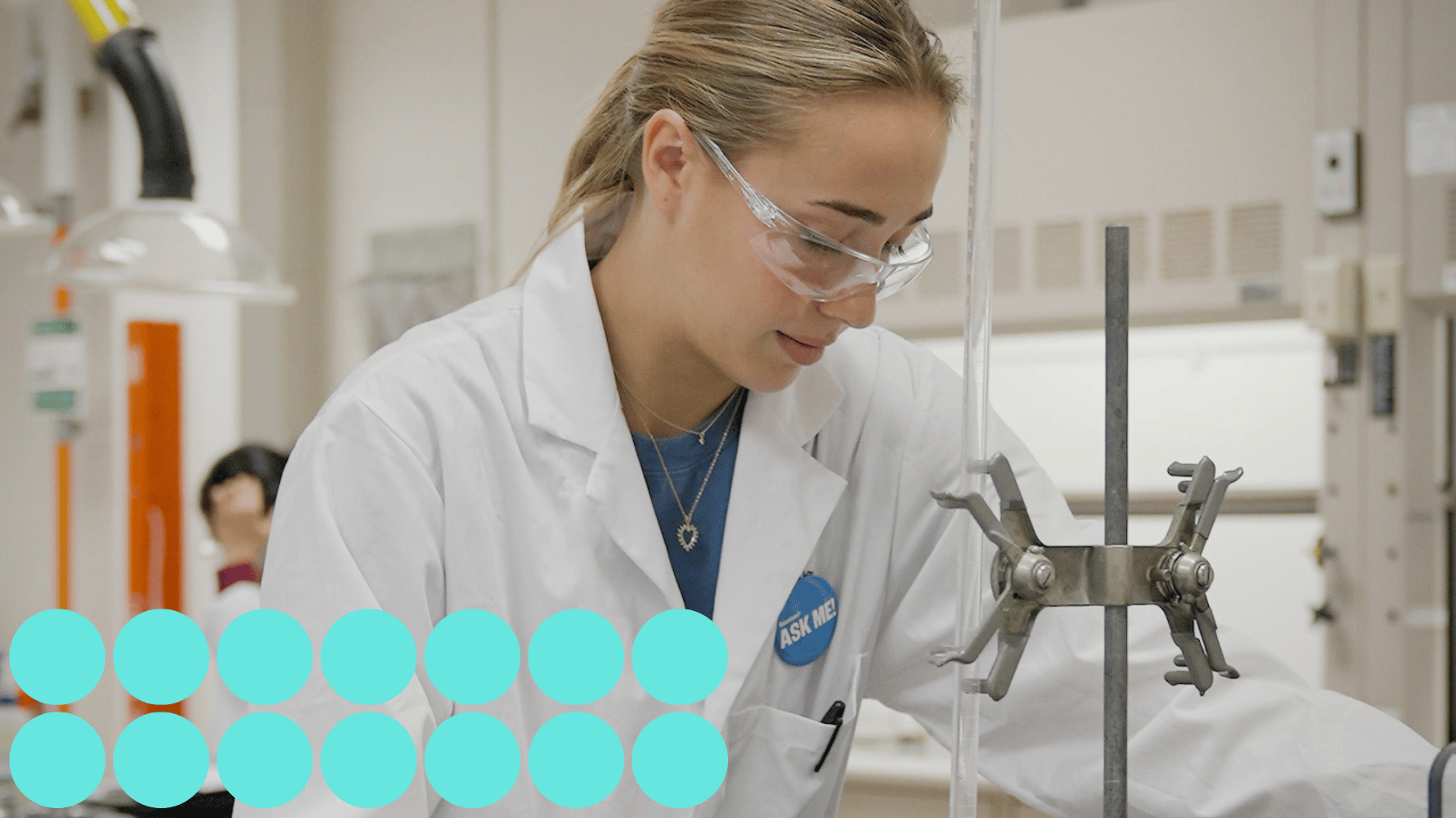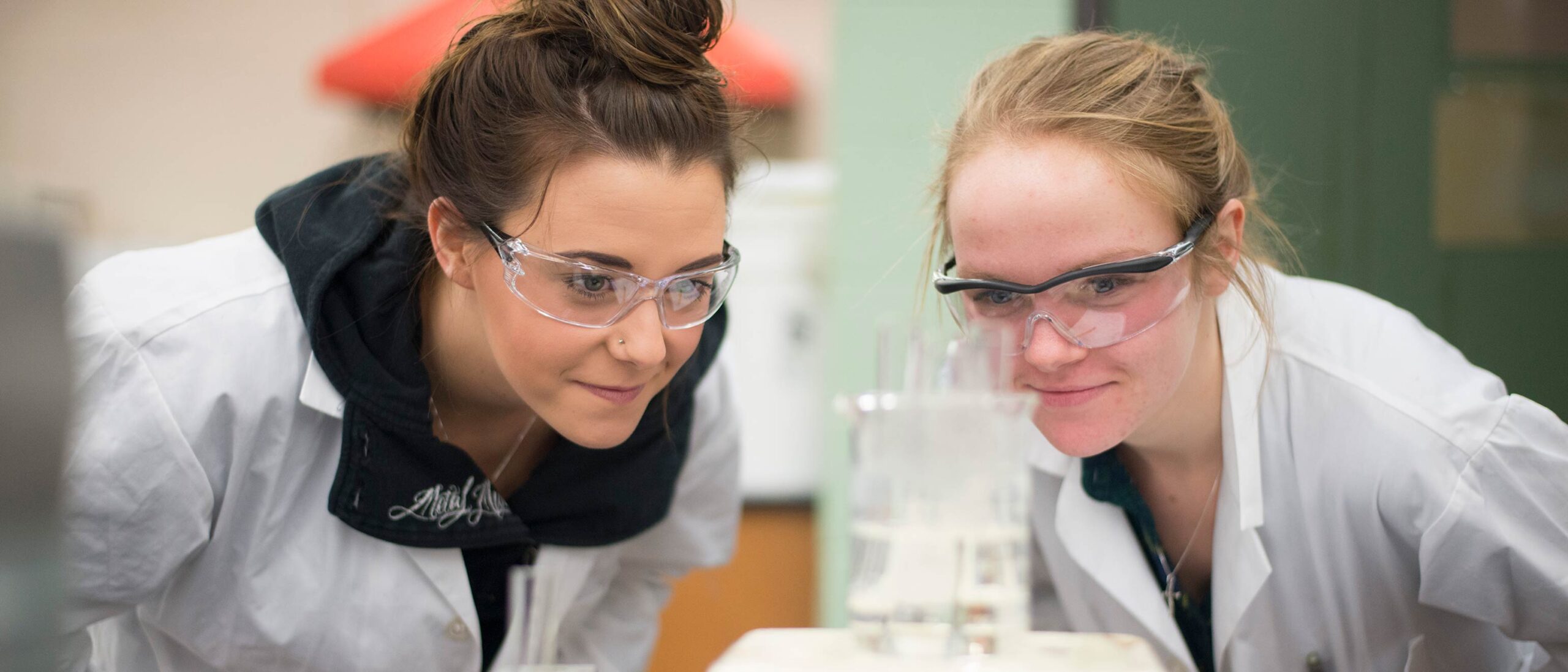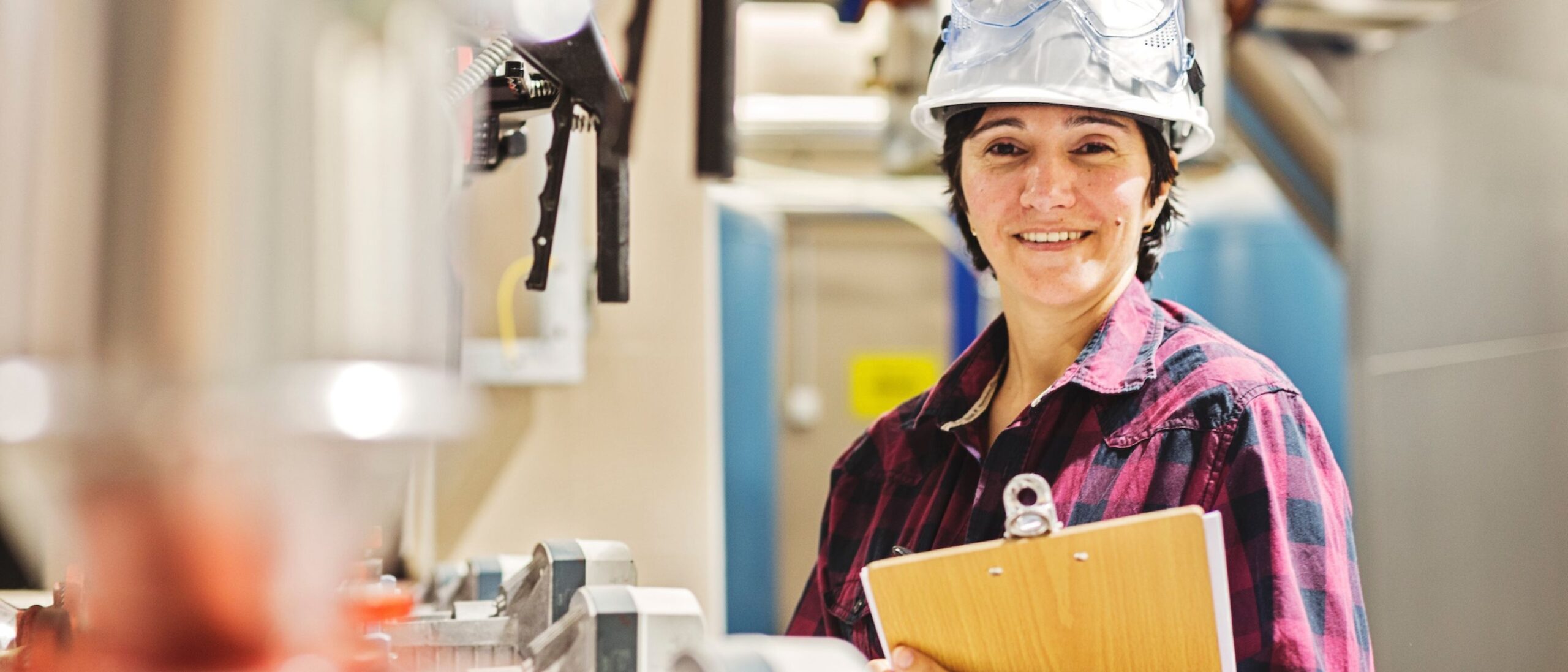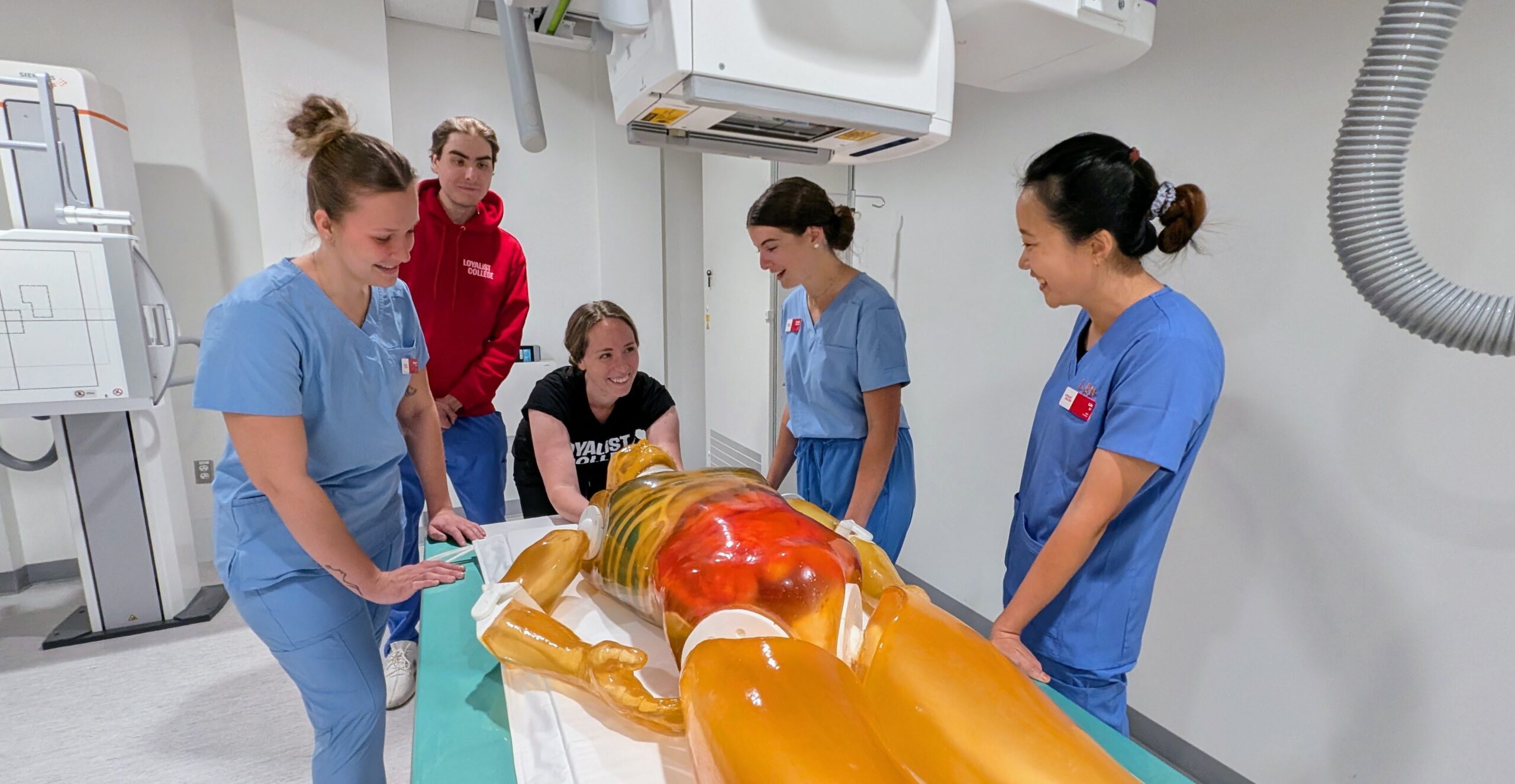Find your career
A career in biotechnology holds many opportunities to make an impact in government, industry, education, and medical facilities.
- There is a growing demand for skilled technicians, lab technologists and research assistants.
- It is used in developing precision medicines, engineering better crops, and in environmental decontamination to restore polluted spaces.
- You could work in life sciences, agriculture, food production, pharmaceuticals, and sanitation or health research.
- Graduates also find opportunities in regulation and enforcement, quality control and sales.
Our grads get great jobs
- Quality Assurance and Quality Control Lab Technician, Beau’s All Natural Brewing Company, Vankleek Hill
- Senior Primary Inspector, Canada Food Inspection Agency
- Research and Development, Royal Military College of Canada
- Biopharmaceutical Production Assistant, Bioniche Life Sciences Inc.
- Research Technologist, Environmental Health, Science and Research Bureau, Health Canada
- Health Researcher, Ottawa Hospital Research Institute
- Brewmaster/Biotechnician, Huntsville Wine and Beer
- Chemical Engineering Technologist, DuPont Canada Co., Kingston
Is it for you?
People who succeed in biotechnology:
- May be fans of CSI: Crime Scene Investigation.
- Are drawn by the potential of science to make people’s lives better.
- Have strong skills in math and science.

The Biotechnology program at Loyalist College is preparing me for my chosen career field by providing extensive hands-on training in advanced lab techniques and cutting-edge technologies. The curriculum is aligned with industry standards, ensuring relevant skills. Additionally, the program offers opportunities for internships and projects, giving practical experience and professional networking.
Maitri, Biotechnology

